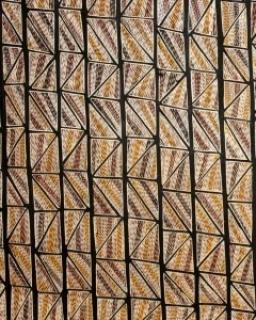
Abstract
A recent Parliamentary Inquiry in NSW concerning the non-commencement of s21AA of the Fisheries Management Amendment Act 2009 (NSW) which would give First Nations fishers a state based statutory right to ‘cultural fishing’ has highlighted two key concerns about the way the Department of Primary Industries applies the law and management of the fisheries at the intersection of fundamental human rights. This leads to resource conflict, and significant impacts upon Aboriginal people, particularly with respect to their pre-existing rights in high commercial value fisheries such as abalone and lobster, which are also species of high cultural value to Aboriginal people.
The NSW government’s failure to uphold and protect native title fishing in accordance with law and custom under section 211 of the Native Title Act 1993 (Cwlth) matched by its failure to recognise and respect the First Nations fishers’ marine governance system, or traditional lore, which has a focus on sustainability of the resource, impacts the rights of Aboriginal people, particularly the South Coast Peoples of NSW whose native title claim was registered in 2018.
The NSW Parliamentary Inquiry has also raised serious issues about principles of parliamentary sovereignty, and accountability of the elected government to the NSW Parliament. When the NSW Parliament has passed laws to address a public interest outcome, what rights do agencies or Ministers have to ignore the will of the Parliament by failing to have them proclaimed?
File attachments
| Attachment | Size |
|---|---|
| TI_4_2022_Hunt_and_Ridge_The_Criminalisation_of_Aboriginal_fishing_in_NSW.pdf(764.42 KB) | 764.42 KB |